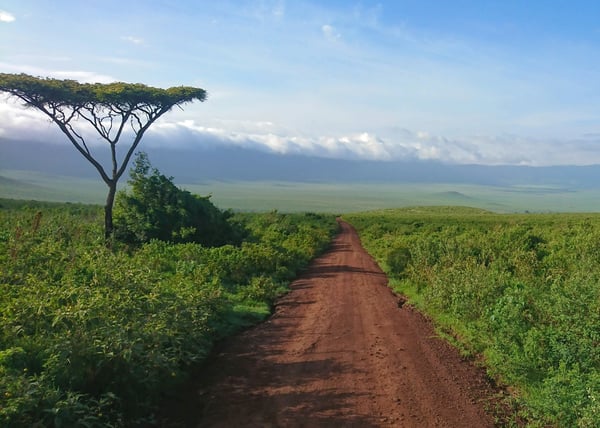The Australasian carbon landscape is bracing for a transformative 2026. As the region navigates a...
Reinventing REDD: A Path to High-Integrity Carbon Credits
The debate surrounding the credibility of emission reductions from deforestation and forest degradation (REDD) as a means to offset emissions from fossil fuels or industrial sources has been longstanding. Amidst criticisms and calls for greater scrutiny, there's a collective acknowledgment of the urgent need for high-quality, high-integrity REDD credits that can genuinely contribute to mitigating climate change while safeguarding biodiversity and supporting Indigenous Peoples and Local Communities (IPLCs).
Addressing the Challenges
Recent critiques have cast a shadow over REDD projects, particularly those certified by Verra’s Verified Carbon Standard (VCS) Program, accusing them of inflating emission reduction claims and neglecting IPLC rights. Such criticisms have underscored the voluntary carbon market's need for robust governance and infrastructure to ensure its integrity and efficacy. The analogy of an earthquake striking a town with inadequate building codes serves as a poignant reminder that while some REDD projects constructed with due diligence remain unharmed, others that compromised on quality have suffered significant damage.
Towards a Solution: The New REDD Methodology
In response to these challenges, Verra has embarked on a comprehensive revision of its REDD methodologies since 2020. The culmination of this effort is a new REDD Methodology designed to replace existing methodologies criticized for overestimating deforestation risks and emission reductions. This revised approach, developed with contributions from various experts, emphasizes accurate quantification of emission reductions, robust validation and verification procedures, and enhanced governance to improve market transparency.
Innovations in Baseline Setting
One of the most critical aspects of ensuring the integrity of REDD credits involves establishing credible baselines against which forest protection achievements can be measured. The new REDD methodology introduces a significant shift by entrusting the setting of baselines to third-party service providers, thereby eliminating the conflict of interest where project developers might inflate baselines to generate more credits. This approach relies on historical deforestation rates and advanced satellite observations to provide a more accurate and impartial assessment of deforestation risks, ensuring that the sum of all project baselines does not exceed the national total.
Strengthening IPLC Safeguards
Verra's recent updates to its Verified Carbon Standard Program also aim to enhance environmental and social safeguards, including stricter requirements for free, prior, and informed consent (FPIC) and a commitment to no-net-harm. These changes, while a step in the right direction, highlight the ongoing need for improvement and the potential for projects to adopt and support IPLC-led initiatives.
The Road Ahead
The transition to the new REDD Methodology represents a crucial development in the quest for high-integrity carbon credits. While it may result in fewer credits being generated under stricter criteria, the expectation is that the market will recognize and value the enhanced integrity of these credits. Ongoing efforts to refine the governance and infrastructure of the voluntary carbon market, including addressing leakage, managing reversal risks, and clarifying overlapping claims, are essential for REDD to maintain its role in climate solutions that benefit IPLC stewards, biodiversity, and the climate at large.
Conclusion
The evolution of REDD into a mechanism capable of generating high-quality, high-integrity carbon credits is vital for the credibility and future of the voluntary carbon market. The concerted efforts of Verra, along with the broader community's commitment to addressing the challenges faced by REDD, signal a promising path towards realizing the full potential of forest protection initiatives in combating climate change, preserving biodiversity, and empowering IPLC stewards.






.jpg?width=600&name=damian-patkowski-T-LfvX-7IVg-unsplash%20(1).jpg)